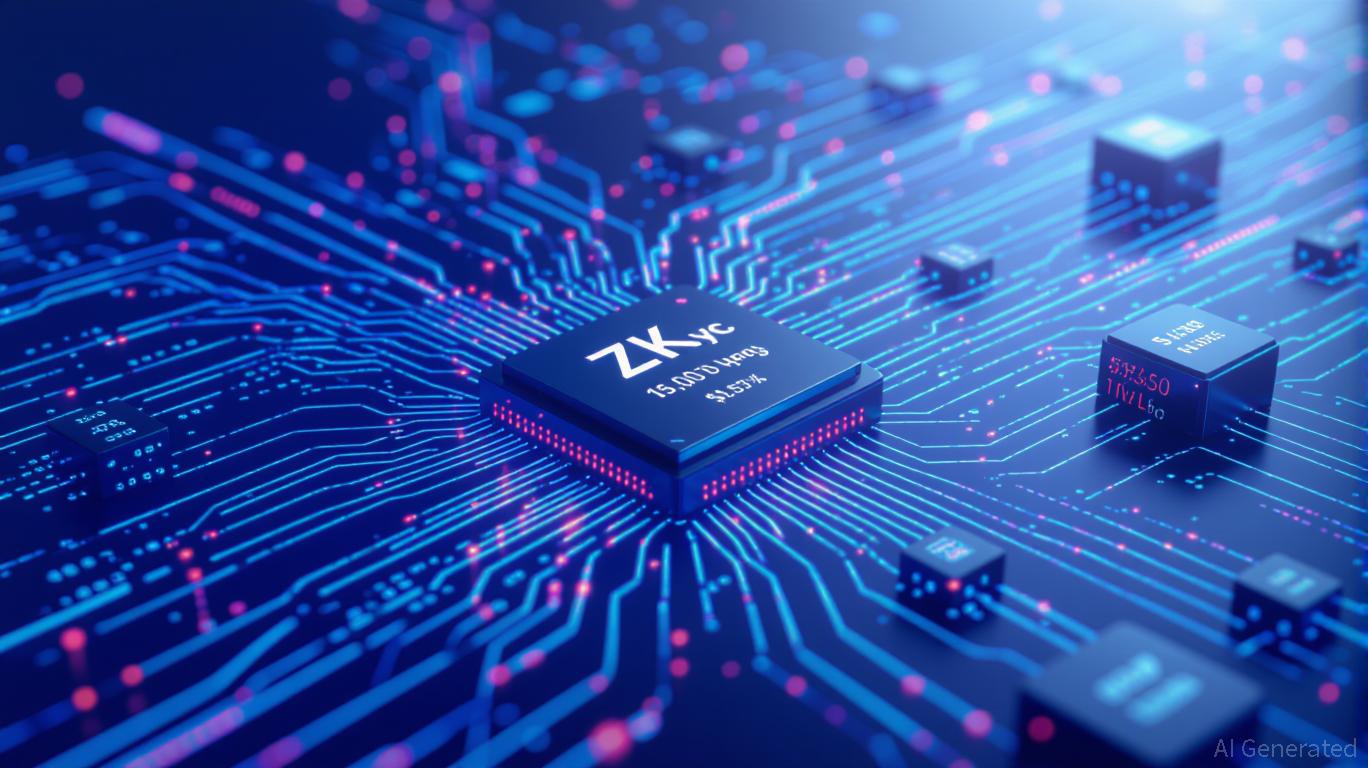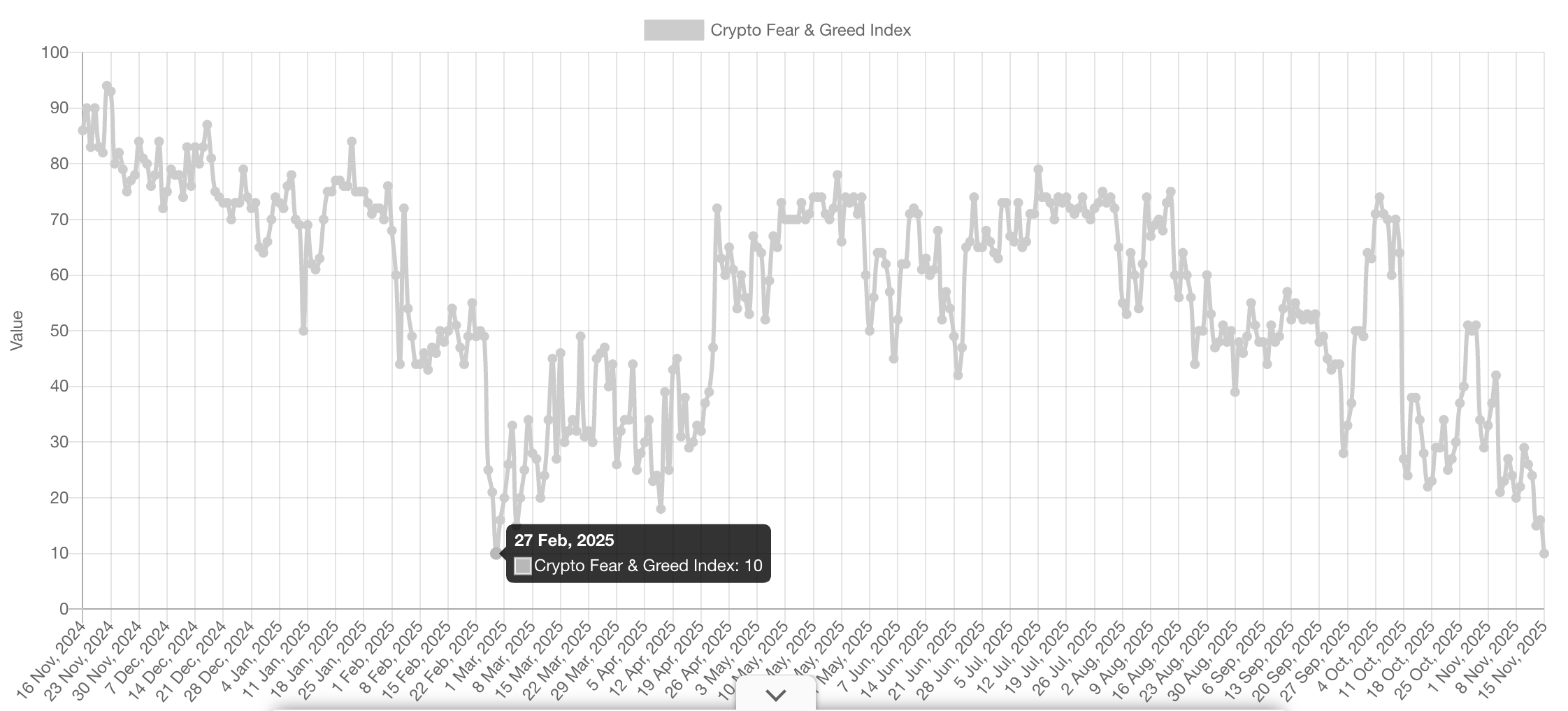U.S. Cryptocurrency Oversight Faces Uncertainty as Lawmakers Divide Authority Between SEC and CFTC
- SEC accelerates crypto regulation clarity, balancing innovation with investor protection via streamlined exemptions and jurisdiction boundaries. - Senate bill proposes dual oversight: CFTC regulates digital commodities (Bitcoin/Ether), SEC retains control over investment contracts. - Tax reforms enable crypto ETFs to stake assets, resolving legal uncertainties and boosting institutional adoption through staking rewards. - Bipartisan efforts aim to create cohesive U.S. crypto framework, though challenges
The U.S. Securities and Exchange Commission (SEC) is stepping up its efforts to clarify how cryptocurrencies linked to investment contracts are regulated. Chairman Paul Atkins stressed the importance of striking a balance between fostering innovation and safeguarding investors. During remarks at a Federal Reserve Bank of Philadelphia event, Atkins presented a plan for exemptions and simplified procedures aimed at reducing regulatory ambiguity in the blockchain sector, according to a report by
At the same time, the U.S. Senate Agriculture Committee has put forward a bipartisan draft bill designed to overhaul crypto regulation by differentiating between “digital commodities” and “investment contracts,” as outlined by
The draft bill also calls for the SEC and CFTC to work together, marking a shift from the SEC’s previous leading role in crypto enforcement. Under the proposal, the CFTC would have expanded powers to register trading venues, enforce disclosure requirements, and collect fees from crypto businesses to support regulatory activities, as noted by
In his address, Atkins highlighted the SEC’s intention to exercise restraint in its regulatory scope, specifically excluding network tokens, digital collectibles, and “digital tools” from its definition of securities. He made it clear that while the SEC will maintain oversight of tokenized securities, it does not want to hinder innovation by limiting where these assets can be traded. This approach is consistent with the Senate bill’s plan for a dual regulatory system, where the CFTC manages commodities and the SEC focuses on investment contracts, as reported by
Recent tax policy changes are also encouraging more institutional involvement in crypto. The U.S. Treasury and IRS have released Revenue Procedure 2025-31, which permits crypto ETFs and trusts to stake digital assets and distribute staking rewards to investors. This safe harbor provision addresses previous legal uncertainties, allowing regulated funds to participate in proof-of-stake networks like
The combination of these regulatory moves—greater SEC clarity, new Senate proposals, and tax updates—marks a turning point for the crypto sector. Although there are still hurdles, such as finalizing rules for market structure and tackling anti-money laundering issues, as reported by
Disclaimer: The content of this article solely reflects the author's opinion and does not represent the platform in any capacity. This article is not intended to serve as a reference for making investment decisions.
You may also like
ZK Protocol Experiences Rapid Growth: Blockchain Engagement and Market Optimism Propel DeFi Advancements
- ZK Protocol leads 2025 DeFi innovation via scalable solutions like ZKsync Era and StarkNet, achieving 43,000 TPS and 15x lower verification costs. - Institutional adoption by Deutsche Bank/Sony and $3.5B TVL growth (Q3 2025) highlight ZK's appeal for low-cost, secure blockchain infrastructure. - Gas fees dropped 70% since 2023, enabling high-frequency trading, while TVL tripled on StarkNet after $72M BTC staking. - Challenges remain in sustaining growth beyond DeFi and maintaining low fees amid rising tr

The Belarusian President named crypto as a way to end dollar dependency
Eric Trump Predicts Imminent Gold Outflow Into Bitcoin Despite Crash Below $100k
Crypto sentiment index sinks to lowest score since February
